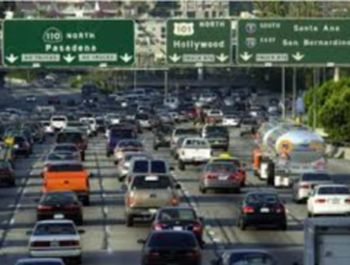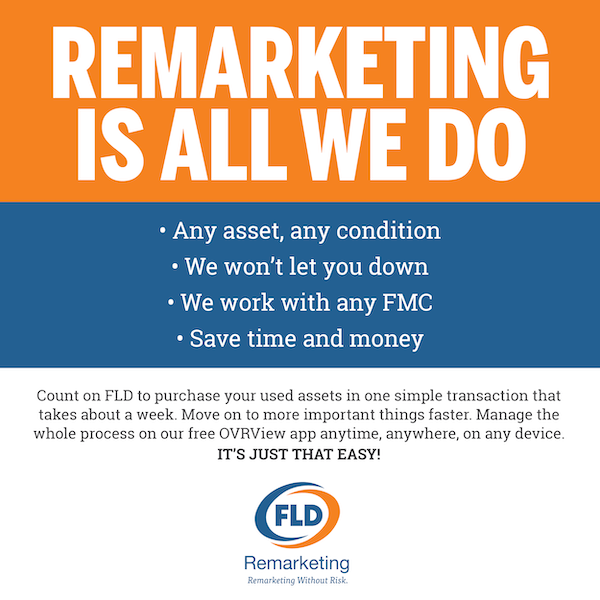
By Mark Boada, Senior Editor
As evidenced by the increase in U.S traffic fatalities over the last two years, America’s driving environment is getting worse. While experts have yet to reach a consensus as to why this is so, a review of the overall conditions gives some powerful clues that form a witches’ brew of factors that doesn’t portend well for the foreseeable future.
Let’s acknowledge that vehicles themselves have never been better built and equipped for safety. With crumple zones and ever-improving structural integrity, seatbelts and airbags, and an increasing array of driver-assist safety technology, automobiles do more to protect the driver than at any time in history. It’s obvious, then, that other factors are overcoming these improvements. So, what are they?
• Our roads remain in bad shape. In their 2017 Infrastructure Report Card, the American Society of Civil Engineers (ASCE) handed out a “D” grade for U.S. roads, only slightly better than the D-minus they gave them in 2009 and 2008, but worse than the C+ they were rated in 1988. The ASCE report says that, as of 2014, 20 percent of the nation’s highways were in poor condition, with urban roads in far worse shape than rural roads due to greater volumes of traffic. Apart from slowing traffic and representing hazards, their disrepair is costly: the ASCE says driving on roads in need of repair cost U.S. motorists $112 billion in extra vehicle repairs and operating costs in 2014.
• Our highways are increasingly crowded. For nearly the past 50 years, U.S. traffic volume has grown nearly twice as fast as the mileage of paved roadways. From 2000 through 2015 alone, American vehicle miles traveled grew by nearly 18 percent, to a record 3.17 trillion miles, while U.S. total paved mileage increased by only 9 percent. That means, year after year, there’s less room for every vehicle on the road. As a result:
• Traffic jams are stealing more and more of our time. Americans are suffering from traffic jams at record levels. In the latest Urban Mobility Scorecard, the Texas A&M Traffic Institute and INRIX reported that the average American commuter spent 42 hours a year in highway backups, in an upward trend since 1982, when the figure was just 18 hours. The report estimates that the problem wasted an average of $960 in fuel per commuter, for a national total of $160 billion.
Globally, of the top 20 cities ranked for highway congestion, American cities accounted for nine. With 104.1 hours lost per commuter per year, Los Angeles ranked first in the world. It was followed, in the U.S., by New York City (3rd, 89.4 hours), San Francisco (4th, 82.6) Atlanta (9th, 70.8), Miami (11th, 64.8), Washington, D.C. (15th, 61.0), Dallas (16th, 59.4), Boston (18th, 57.6) and Chicago (19th, 56.6).
• More drivers are driving distracted. The National Highway Traffic Safety Administration estimates that at any daylight moment, some 660,000 U.S. drivers are on a cell phone or manipulating an electronic device. NHTSA reported that on 2015, fatalities attributed to distracted driving rose more than 9 percent to 3,477, with another 391,000 people injured.
• Driver aggression is on the upswing. The four conditions above are causing drivers to experience increasing tension, frustration and anger, and they’re reflecting it in worse driving. A 2016 study by the AAA Foundation for Traffic Safety found that nearly 80 percent of all drivers surveyed admitted to at least one incident of aggressive driving or road rage in the prior year. The finding led researchers to estimate that an astounding 8 million American drivers engaged in extreme examples of road rage in the prior year, including purposefully ramming another vehicle or getting out of the car to confront another driver.
• Our driving culture stinks. Visitors from Western Europe are often astonished at how poorly American drivers navigate our roads. They note that Americans engage in far more left-lane hogging, tailgating, making turns and changing lanes without signaling, and reckless driving than in their own countries, and that police contribute to the problem by less frequently enforcing the laws that prohibit them.
There are no simple solutions to these problems, most of which are out of the hands of fleet administrators. Billions of dollars need to be spent on repairing and upgrading our roads and bridges, and it’s hoped that more widespread adoption of onboard safety technology, like forward crash avoidance systems, will reduce accidents, injuries and fatalities alike. At the same time, our society needs to make distracted driving as socially unacceptable as drunk driving, and shift toward greater voluntary compliance with the rules of the road. It says here that none of these things are going to happen quickly enough to avoid a growing number of tragedies in the near-term, if not longer.
Fleet managers are, however, in one advantageous position: they have more opportunities to communicate traffic dangers to their drivers and more potential leverage over their behavior than, perhaps, any other professionals in America. As the trends described above show little hope of improving in the near future, they need to make the most of those advantages.
Read past columns in ‘Fleet Spectator’ column archives



